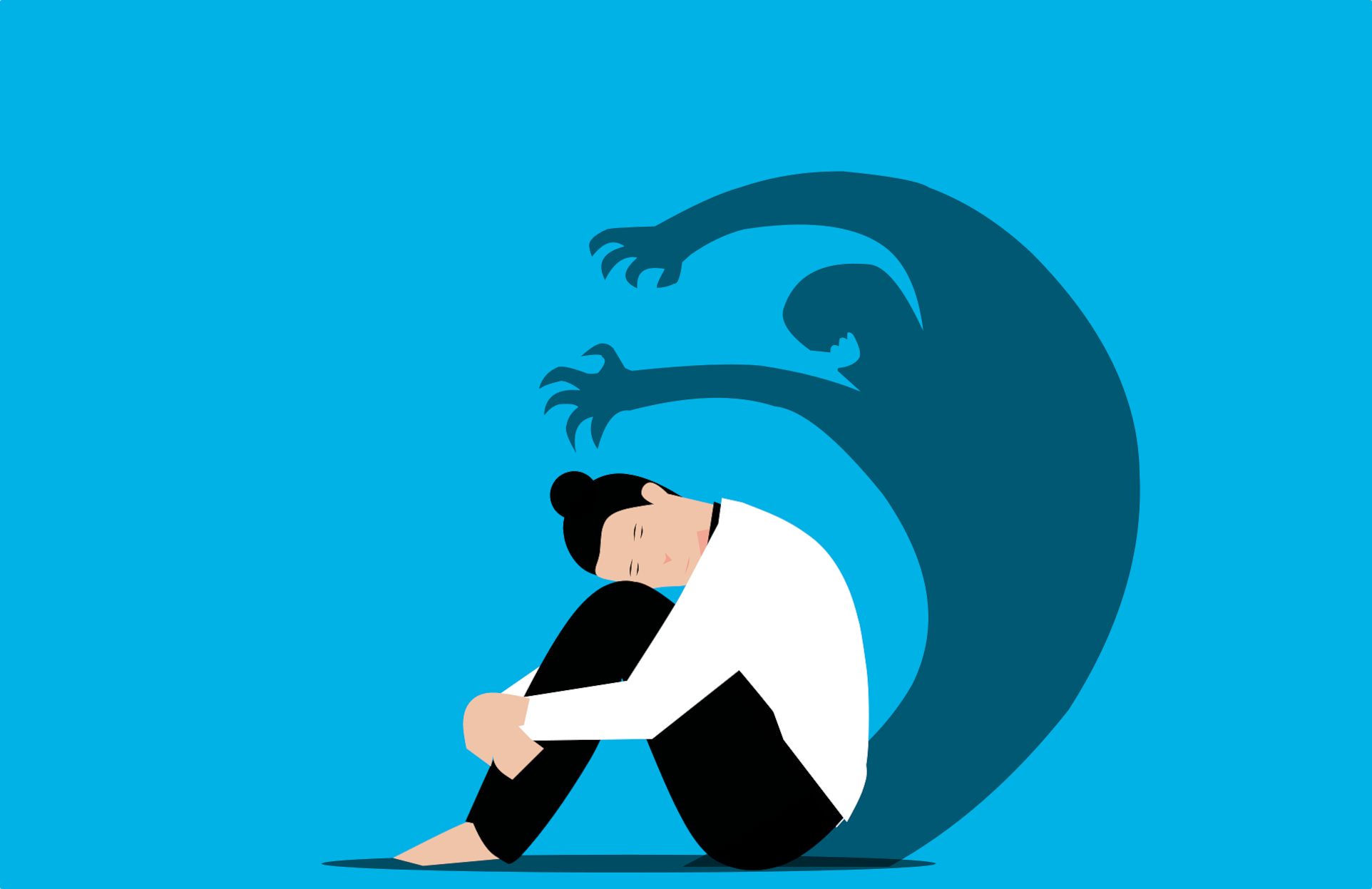


Fear is defined as an unpleasant feeling triggered by the perception of danger, real or imagined. Fear that stems from real danger serves a useful purpose; it is a signal from the brain designed to protect us. For example, if we are at the top of a cliff and move close to the edge while watching the sunset, and suddenly we notice the sheer drop to the ground, hundreds of feet below, fear of falling to our death will make us step back. That instinctive reaction is meant to keep us safe.
It is fear based on imaginary situations or developments that is the problem: “What if I fail in my exams?”, “What if my house is burgled”, “What if I test positive for Covid?” These imagined developments that have nothing to do with the present reality generate fear, leading to anxiety, stress, and in the long term, other mental and physical ailments.
Fear comes in many shades, from the mild to paralysing terror. The response to it also varies from person to person. The same situation may be brushed off lightly by someone but traumatize another person.
Fear is not as automatic as we think. Many people suffer from irrational fears, and when you reason with them and point out that there is really nothing to be scared of, they are not convinced. “I am feeling scared”, they say. This feeling, which has no reasonable basis, is a self-created mental trap. It is a sign that our mind is not fully in our control, which is why it is creating unfounded thoughts that are making us uneasy. The interesting thing is that most of these “feelings” are negative, anticipating some kind of failure or misfortune. When we are on the road, it is usually, “What if I meet with an accident”, and never, “What if I reach my destination early?”
Fear can be instinctive, learned, or taught. Fear of physical pain, such as after surgery, is instinctive. Learned fears are acquired from personal experience or observation. If I once barely escaped being bitten by a dog, then the sight of any and every dog can trigger in me the fear of being bitten – something that is unlikely to happen. Then there are fears that we are taught, by the family, or our community: “Do not talk to strangers”, “Avoid people from that community”, “Do not go near water”, and so on.
If we can generate fear with wrong ways of thinking, we can also overcome it by changing the way we think. In reality, nothing in life is to be feared. It is only to be understood. Fear stems from ignorance and lack of courage. It is the product of a weak mind. Even the fear of death arises from not knowing our true identity – that I am an immortal soul, the child of the Supreme Soul. Reflecting on this, consciously creating positive thoughts, and connecting with the Supreme by remembering Him, gradually strengthen the mind.
Regular practice of meditation helps us overcome our fears. Silent non-judgmental observation of our thoughts and feelings, and conscious, focused, creation of positive thoughts, when done regularly, bring the mind under our control so that we begin to create only the thoughts we want, and nothing else. If our limbs do what we want them to, there is no reason why the same cannot be done with our mind.
Prof. E.V. Girish is a meditation expert and motivational speaker with the Brahma Kumaris.